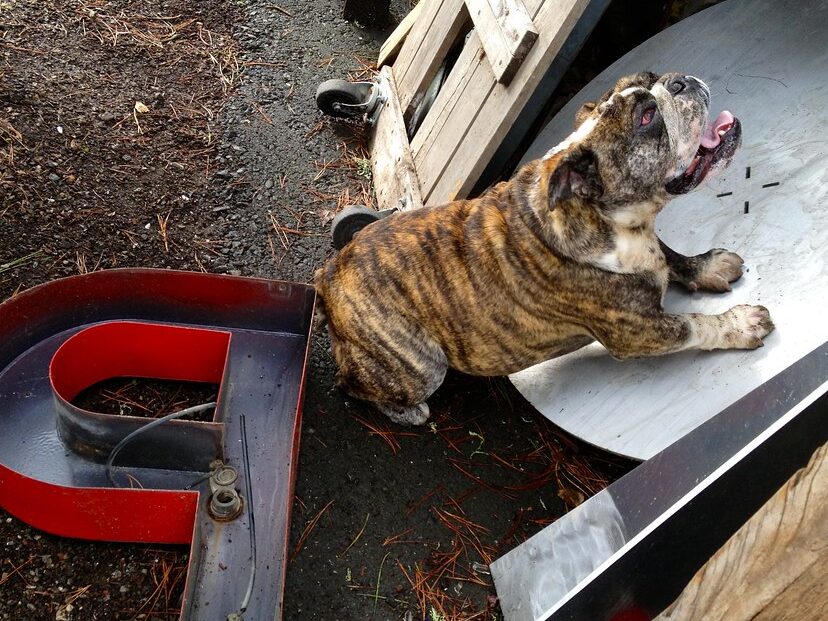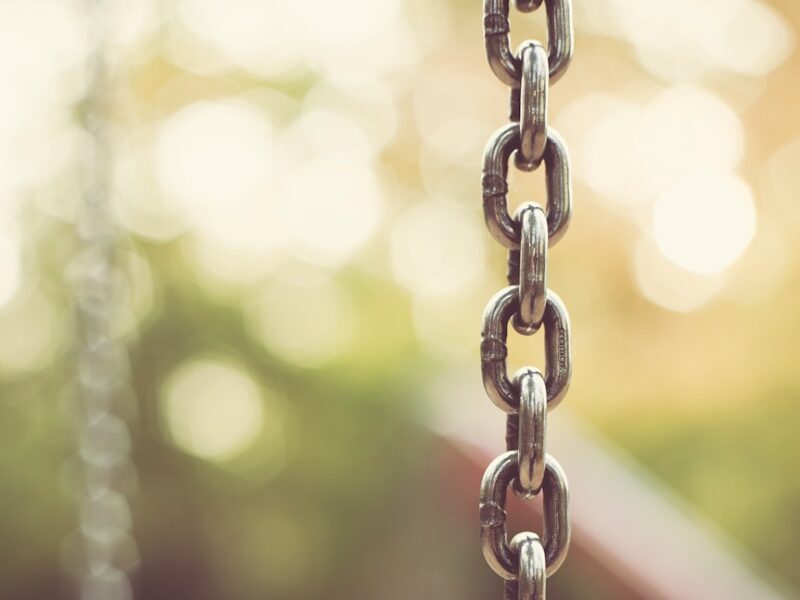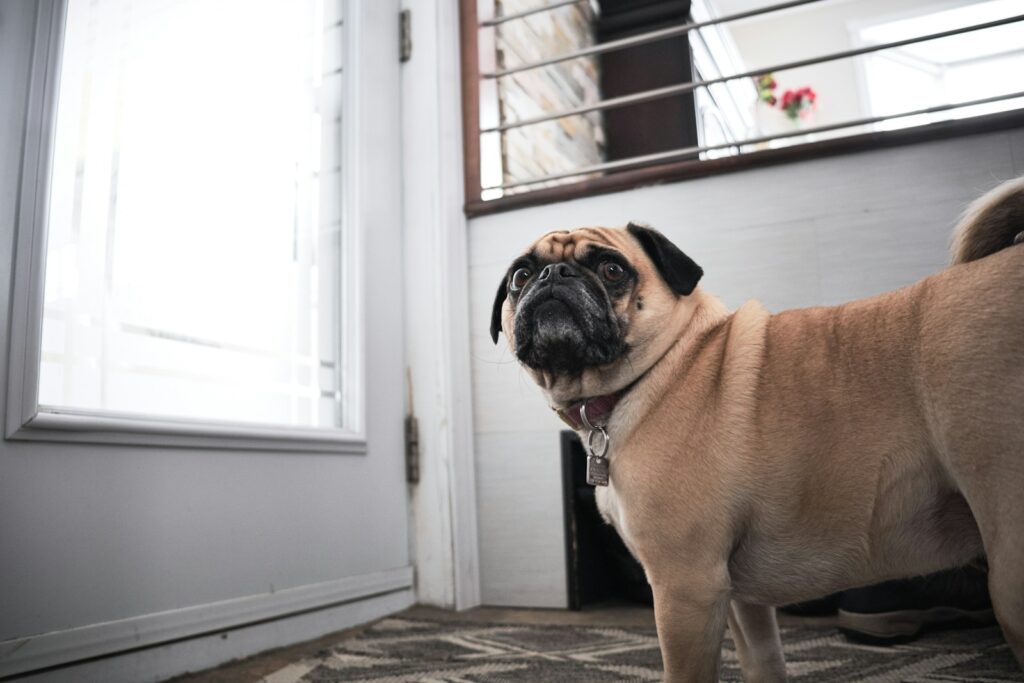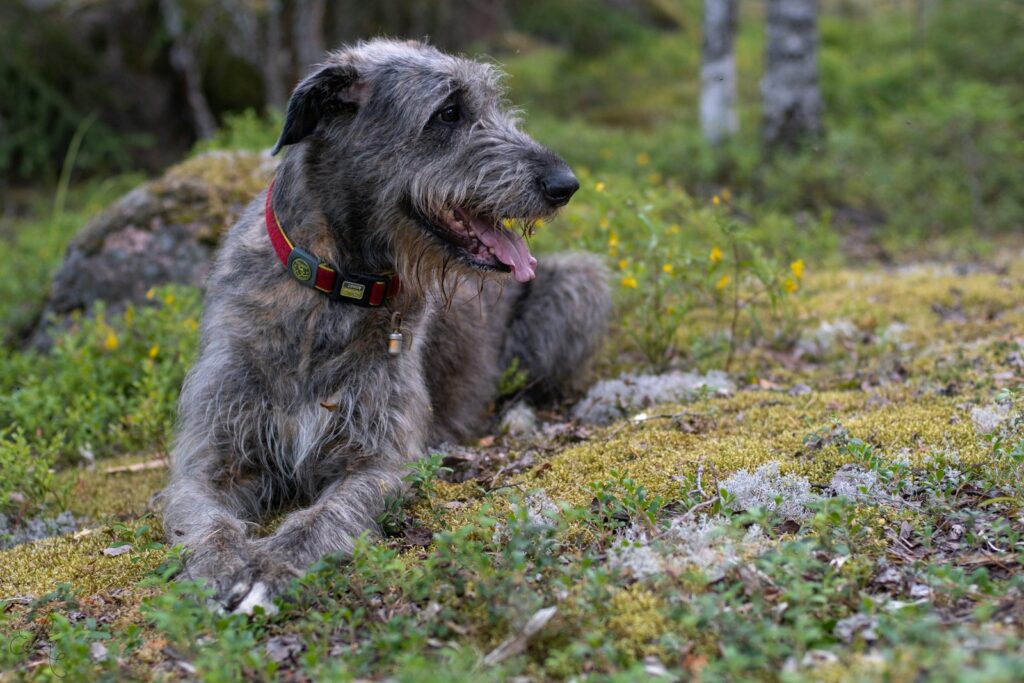15 Things That Should Be Illegal in Dog Ownership

Dogs aren’t accessories. They’re not background noise. But too often, they’re treated like furniture—or worse. You don’t need a license to love a dog, but maybe some things should come with penalties. These aren’t quirks. They’re habits that hurt animals who can’t speak for themselves. If you’re going to take responsibility for a dog, these are the things that should never be allowed.
Chaining a dog outside all day.

Tying a dog up for hours, or worse, days, isn’t “keeping them secure.” It’s isolating them. They get bored, anxious, even aggressive. No shelter, no stimulation, no freedom to move—it’s like serving a life sentence for being born a pet. If you need a guard dog, get a system. If you need a companion, treat them like one.
Skipping vet visits.

Some people treat the vet like optional maintenance. But dogs can’t tell you when something’s wrong. They just endure it. That yearly checkup? It’s not a luxury. It’s how they stay alive. Ignoring a limp, bad breath, or constant itching isn’t saving money. It’s neglect. If you can’t afford a vet, you can’t afford a dog.
Leaving them in hot cars.

It only takes a few minutes for the inside of a car to turn deadly. Even with the windows cracked, even if you’re “just running in,” it’s not safe. Dogs overheat fast. They don’t sweat like we do. Leaving them behind in a parked car should come with a fine—every time. They’re not portable. They’re vulnerable.
Letting them roam off-leash near roads.

A dog running free in an open field is great. A dog running near traffic isn’t freedom—it’s danger. Too many pet owners treat leash laws like suggestions. Then, they’re shocked when their dog gets hurt or goes missing. Unless it’s a fenced area or you have perfect recall (spoiler: most don’t), the leash stays on.
Using shock collars.

Training should never include pain. Shock collars don’t teach. They scare. They might stop a behavior, but only because the dog is too stressed to try anything. There are better tools. More humane ones. A dog isn’t stubborn because it doesn’t understand you. Hurting them into silence isn’t training. It’s lazy, and it should be banned.
Giving up a dog because of age.

Senior dogs are slower. They need more care. That’s not a surprise—it’s part of the deal. Abandoning a dog because they got old isn’t just cruel. It’s betrayal. If someone gives up a dog because it stopped being “fun,” they shouldn’t be allowed to get another. You signed up for the whole journey, not just the easy parts.
Letting them bark nonstop without action.

A barking dog is usually a stressed dog. Ignoring it doesn’t just drive the neighbors mad—it means something’s wrong. They’re bored, anxious, left alone too long, or not trained. Letting them bark for hours without doing anything isn’t harmless. It’s not just noise—it’s discomfort. If your dog is constantly barking, figure out why and do something. That silence you want starts with understanding, not punishment.
Buying dogs from sketchy backyard breeders.

Not every puppy seller is running a mill, but too many are. No vet checks, no socialization, just quick cash for a cute face. These dogs often end up sick, undersocialized or surrendered. It’s not just about the buyer—it’s about where that puppy came from. Breeding without ethics should disqualify someone from doing it again. No one should profit off animals they can’t care for properly.
Keeping a dog chained during fireworks.

Dogs panic during loud events. Leaving them outside, tied up, while explosions go off? That’s trauma waiting to happen. They can twist the chain, break teeth trying to escape or freeze in place. It’s not a “one-night” issue—it sticks with them. If you know fireworks are coming, bring them in. Give them a safe place. Otherwise, you’re locking them into fear with no way out.
Skipping walks entirely.

Backyards aren’t enough. Dogs need to explore. New smells, changing scenery, the act of walking with their human—it all matters. A bathroom break isn’t the same thing. Skipping walks every day adds up, and it shows in their behavior. Chewing, barking, pacing—it starts when they’re understimulated. A short daily walk can change everything. If you can’t give that, maybe a dog isn’t the right fit.
Keeping outdoor-only dogs with no shelter.

Some dogs enjoy time outside. But outside-only living without proper shelter? That’s not a lifestyle—it’s abandonment in slow motion. No dog should be sleeping through storms or freezing temperatures with nowhere to hide. If it’s too harsh for you to be out there, it’s too harsh for them too. Bare minimum: dry, insulated, and secure.
Not training at all.

Dogs aren’t born knowing our rules. Without guidance, they’re just guessing, which gets them into trouble. No training leads to chaos, frustration, and, too often, rehoming. A dog doesn’t need a bootcamp. They need consistent signals. If you’re not willing to teach them the basics, you’re setting them up to fail. It’s not about control—it’s about helping them live in our world.
Using them as status symbols.

Some people get dogs for the image. They want a certain look, a breed they saw on TV or something that turns heads at the park. Meanwhile, the dog’s needs go unmet. No exercise, no training, just photos. A dog isn’t a brand extension. If someone’s more into the way the dog looks than how it lives, they shouldn’t have one at all. That’s not care—it’s performance.
Feeding them nothing but scraps.

Leftovers aren’t a diet. A bite of meat or pizza crust might seem harmless, but dogs need balanced nutrition. Feeding them only table food leads to long-term health problems—obesity, organ issues, and digestive trouble. It’s not just “a little treat.” It becomes the norm. If you wouldn’t feed yourself like that every day, don’t do it to them. Proper food is care. Scraps are not a substitute.
Treating barking, chewing, or jumping like “bad behavior”.

Dogs aren’t misbehaving when they act like dogs. Barking, chewing, digging—they’re all normal. That doesn’t mean you let it run wild, but punishing instinct is missing the point. These behaviors need guidance, not scolding. If someone doesn’t want to deal with basic dog stuff, they shouldn’t have one. A dog’s nature shouldn’t be a punishable offense.





